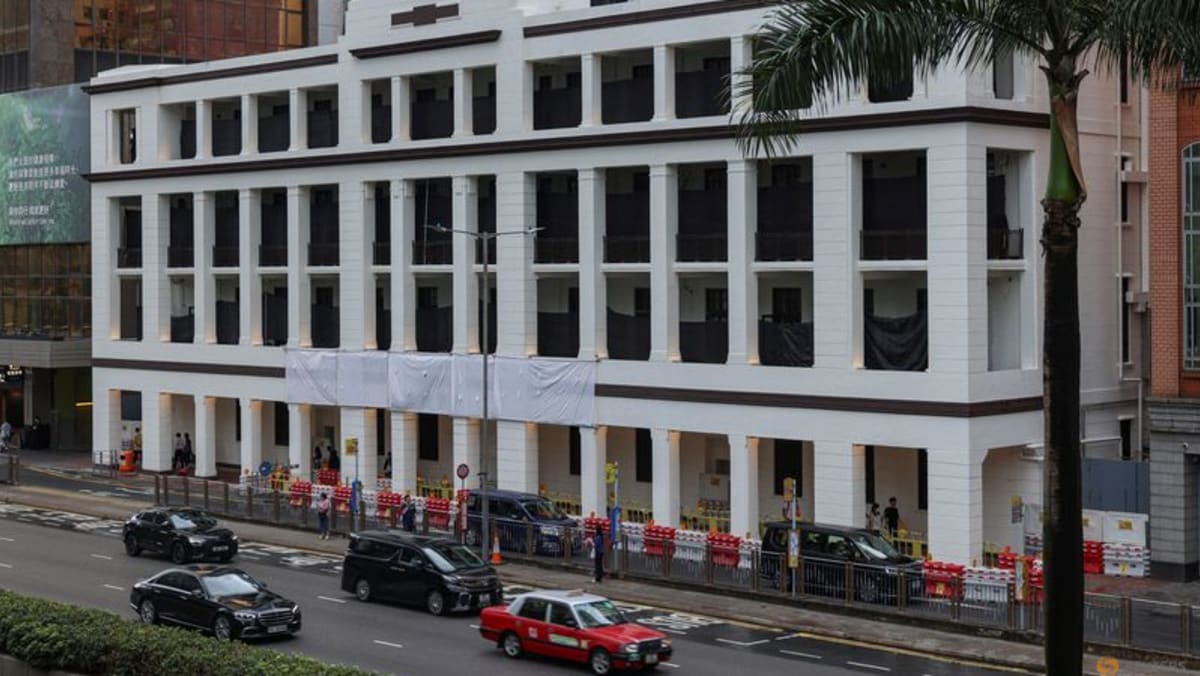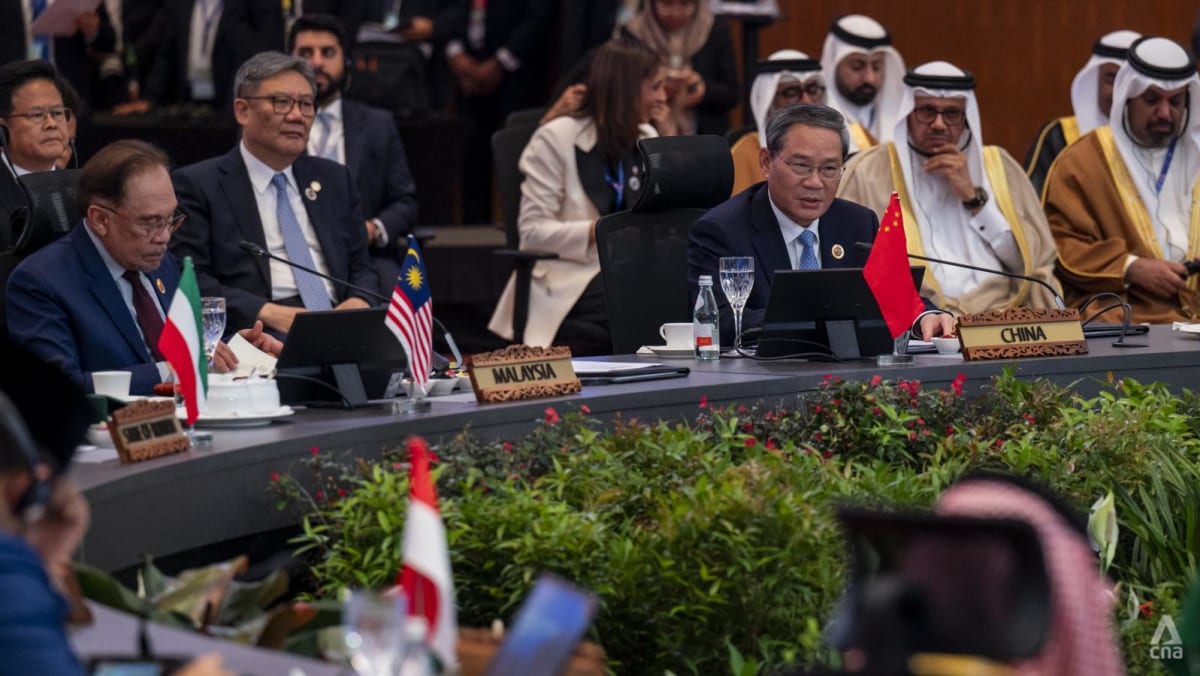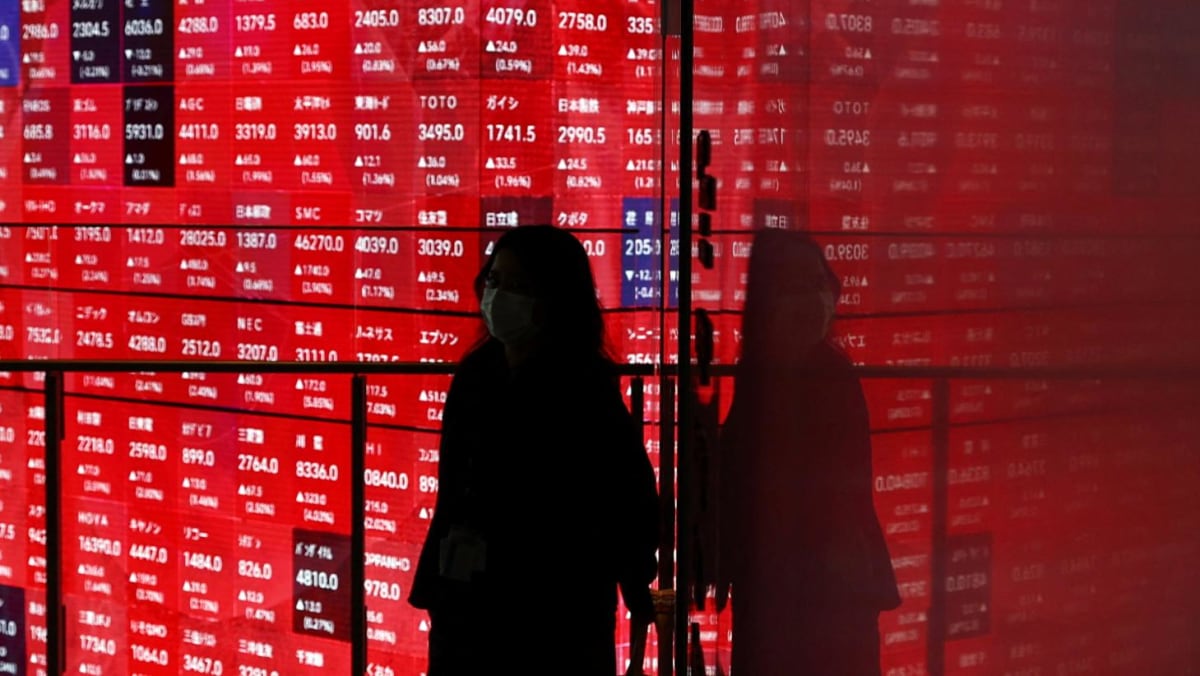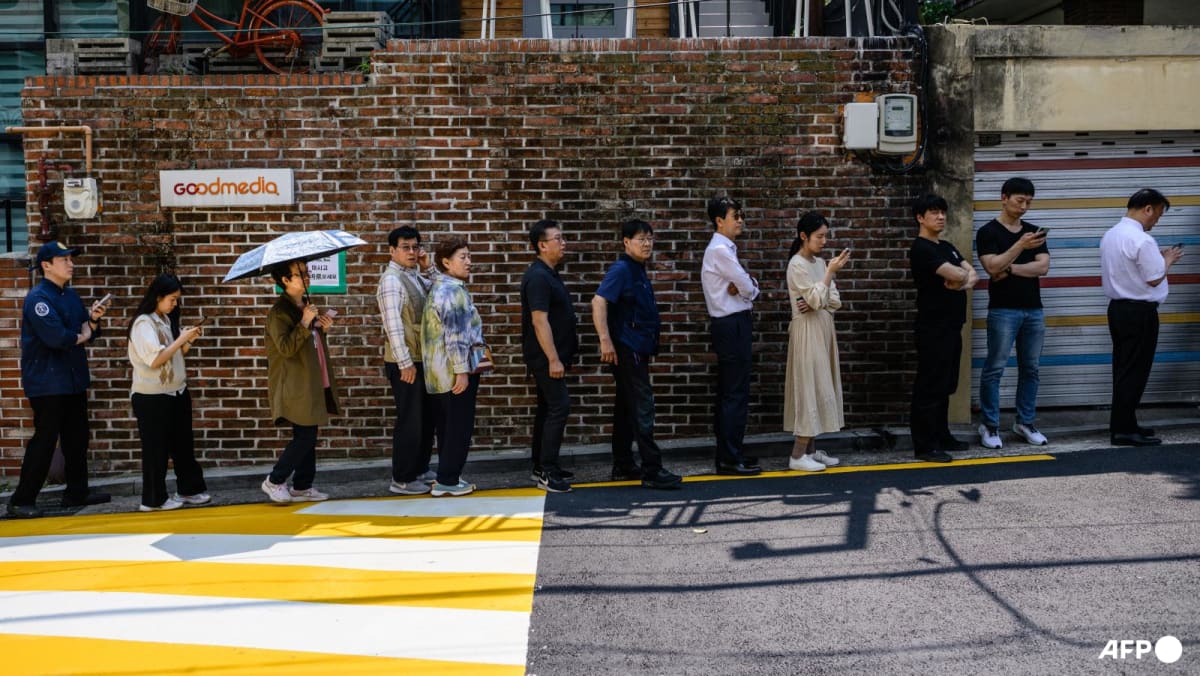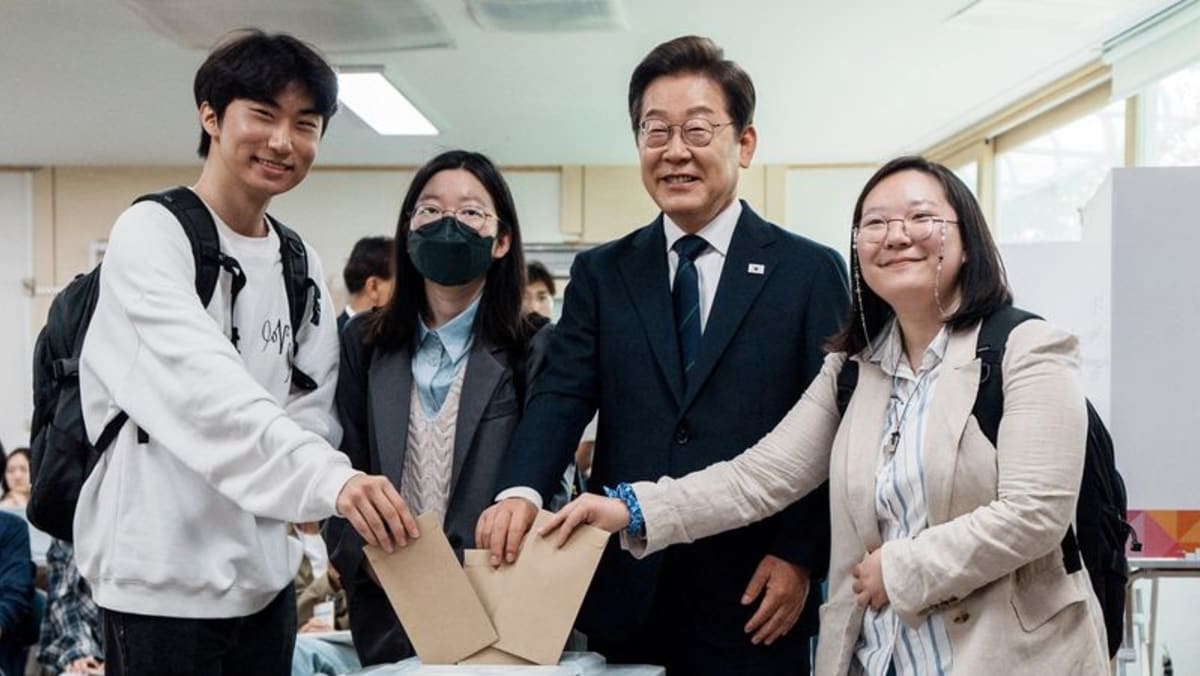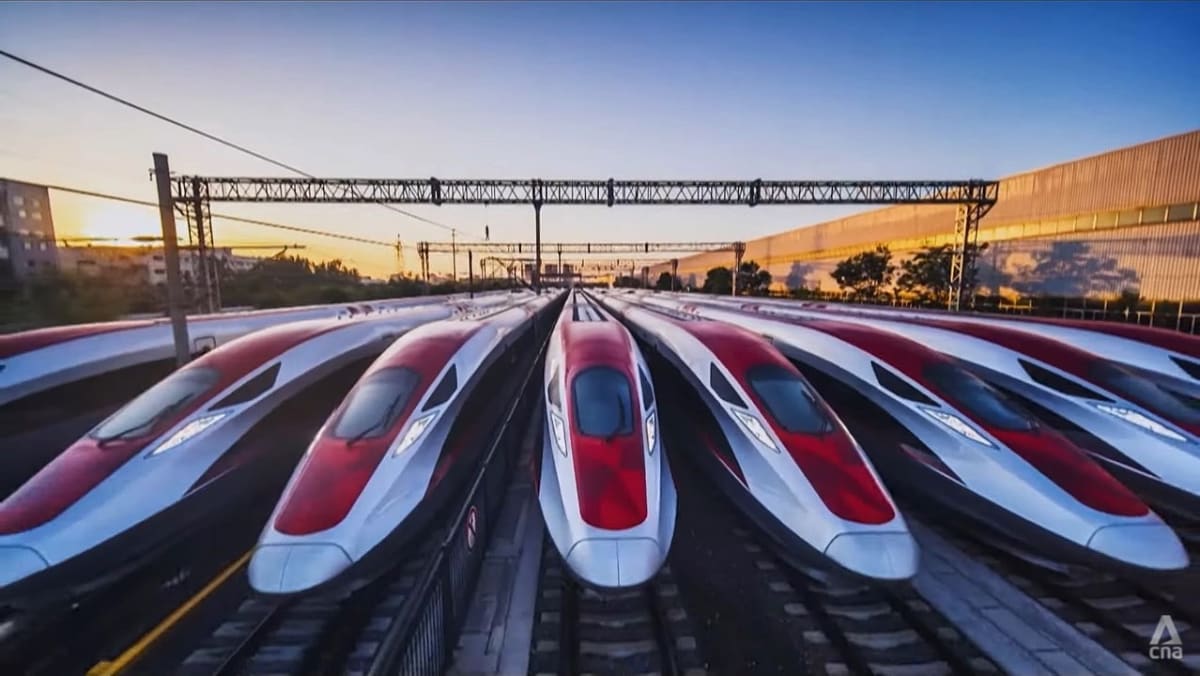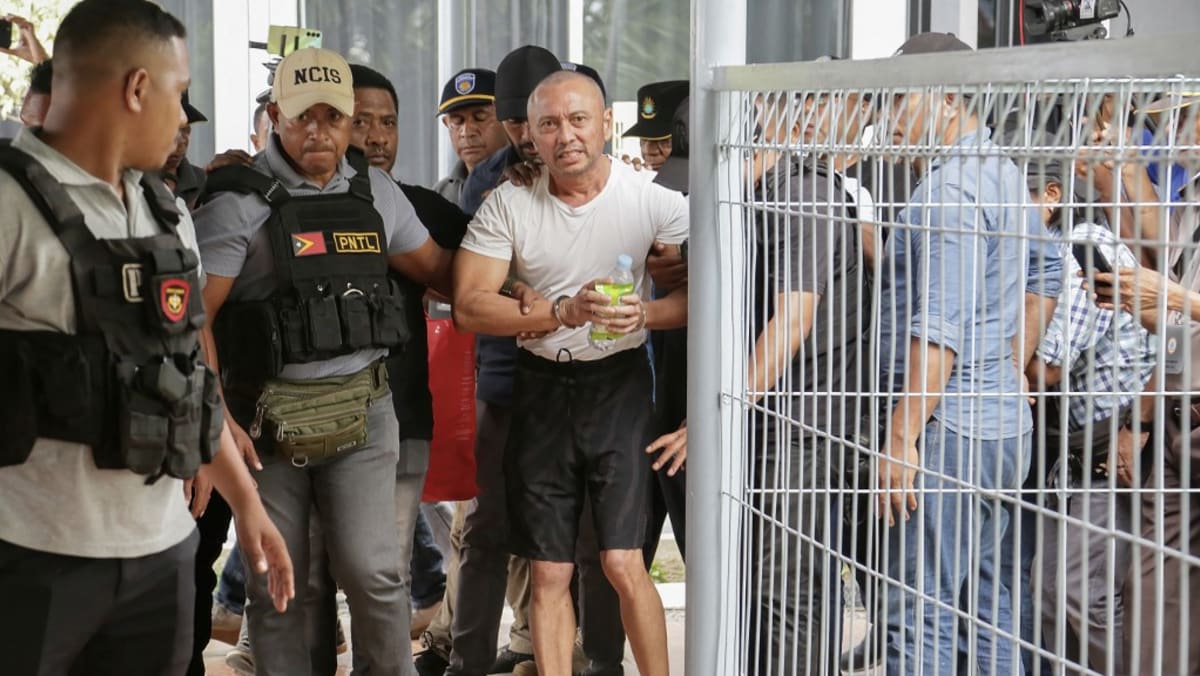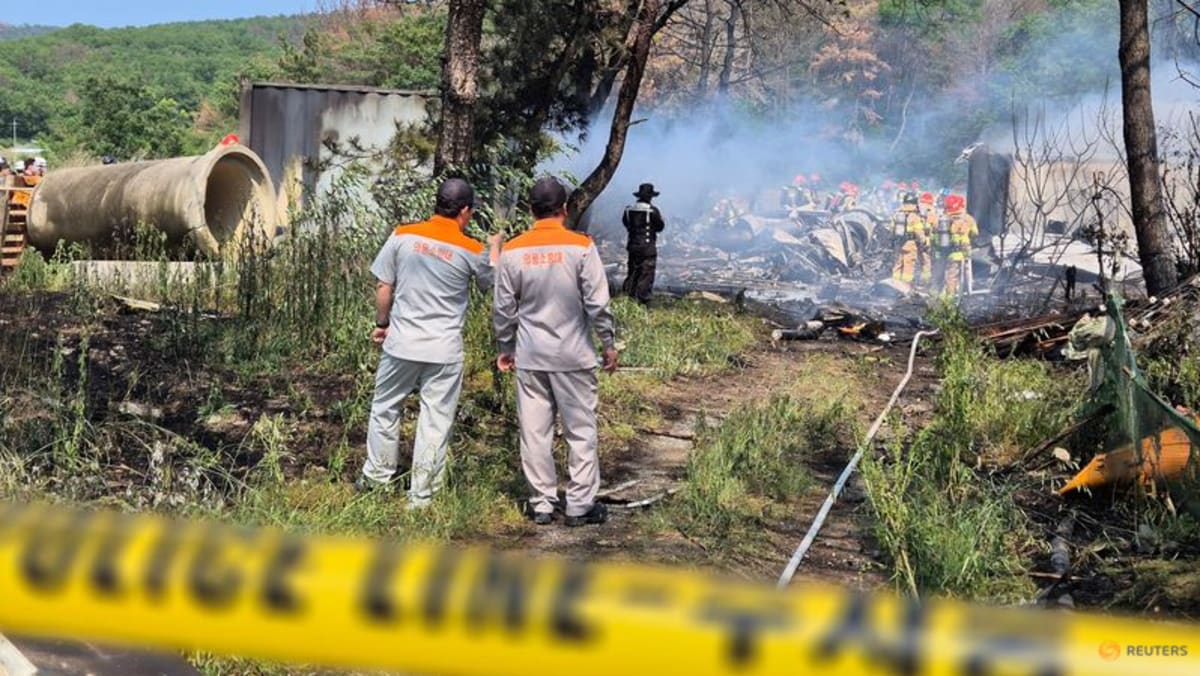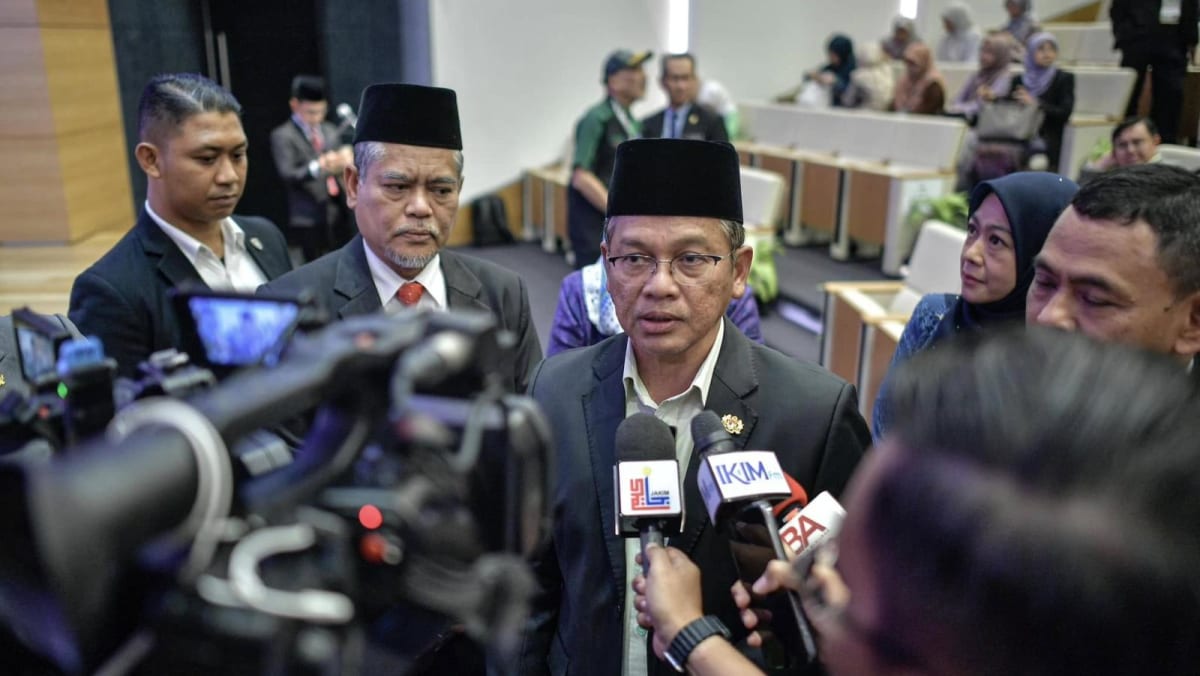The ASEAN-GCC-China Summit, is the brainchild of Malaysian Prime Minister Anwar Ibrahim and marks the first such summit between ASEAN, one of its dialogue partners, and a third multilateral grouping.
At the summit, several leaders in their opening remarks pledged to build a new model of cooperation against a backdrop of an “increasingly complex” global environment.
In the summit’s joint statement, the three parties agreed to improve economic cooperation and work more closely together in areas such as connectivity, energy security, digital transformation, food and agriculture, as well as people-to-people exchanges.
The statement made sure to highlight the importance of upholding ASEAN’s “centrality in the evolving regional architecture”, and the GCC’s and China’s roles in promoting “peace” and “stability”. It did not mention the US or its unilateral levies.
Geopolitical trust deficits among the sides remain a “major constraint”, Li said, pointing to how the South China Sea disputes, for example, continue to shape perceptions of China’s regional intentions, with some ASEAN countries expressing stronger concerns than others.
China claims most of the strategic and resource-rich waterways as its own, while several ASEAN members including the Philippines have overlapping claims.
“Similarly, historical tensions and regional rivalries in the Middle East may influence how GCC members approach multilateral cooperation involving China and ASEAN,” Li said.
“Therefore, while the trilateral partnership holds potential, its effectiveness will hinge on managing the diverse interests, strategic calculations, and levels of mutual trust among participating countries.”
DEVELOPMENT GAPS, COMPETING INTERESTS
The varying levels of development among ASEAN member states have long posed internal challenges, particularly in reaching consensus on sensitive issues such as environmental standards, labour rights, and streamlining regulations, Li said.
“These disparities are likely to carry over into the broader ASEAN-GCC-China partnership, complicating efforts to formulate cohesive policies across such a diverse grouping,” she said.
Lin said the developmental gaps could shape the pace and scope of cooperation in the trilateral partnership.
“Some ASEAN countries still face basic infrastructure and governance challenges, while others like Singapore and China are pushing into advanced tech and finance. Meanwhile, the GCC states are navigating their own transitions away from oil dependence,” she said.
Within the ASEAN-GCC-China partnership, Li said differences in economic structure and varying degrees of reliance on the US market and security architecture would introduce further limitations.
“Some countries are more deeply integrated into the US-led global supply chains or depend on American security guarantees, making them less willing to pursue initiatives that might be perceived as drifting too close to China,” she said.
“As a result, the political space for manoeuvre will differ significantly across the group, affecting the depth and pace of trilateral cooperation.”
